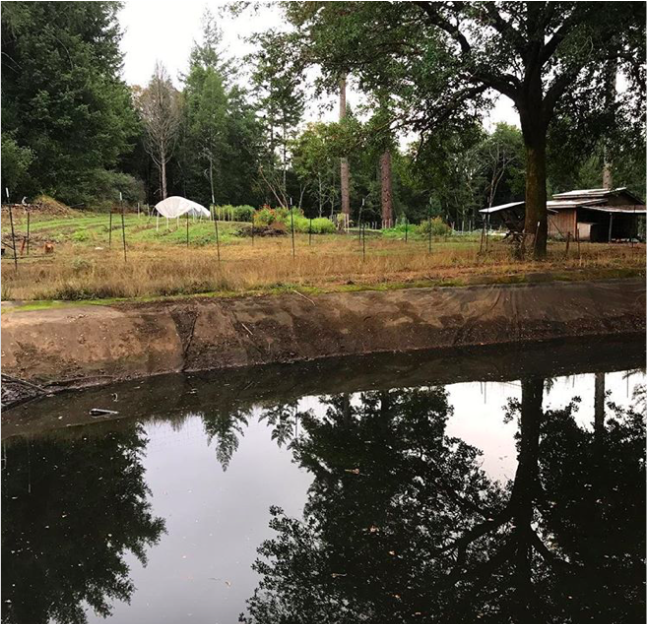Emerald Cup’s Regenerative Cannabis Farm Award promotes better cultivation practices
At the Emerald Cup in Santa Rosa, Calif., a few lucky applicants received the Regenerative Cannabis Farm Award.
The judges define regenerative farming as cultivation that “has a healing effect on the environment through developing closed loop systems that go beyond sustainability in that they improve and remediate.”
The award was meant to motivate cannabis growers to incorporate regeneration into their cultivation technique. According to Jesse Dodd, creator of the new award, the award honors farms for their practices instead of their products.
“We’re looking at a new paradigm in a new way of farming,” Nick Mahmood, owner and founder of Green Source Gardens in southern Oregon, said. A cultivation site should remediate the environment, leaving it in better shape than it was farmed, with a secondary goal of producing food, medicine, or other commodity crops.
“A garden’s bigger purpose is to act as a water filter and a carbon bank,” he said.
One feature of regenerative farming involves the use of water. Mahmood said water should be stored within the cultivation site’s immediate landscape, instead of being allowed to run off. The judges said one of best practices is to use rainwater catchment and harvesting systems to provide for all irrigation needs, including supplying groundwater directly to plant roots to enable “dry farming” rather than solely depending on local or municipal water sources.
“We’re looking at incorporating production systems that take drainage and store it in landscapes, so creeks store [more water] and don’t flood as hard when it rains,” Mahmood said. “One of the [common] problems is pollution and the runoff from [irrigation] systems.”
“People shouldn’t poison the ground in which they want to grow things,” Mahmood added. “If you’re concentrating nutrients in one spot, that affects the ecology of the place. The forest should act as a biological filter to clean water as it moves down to the ocean.”
Emerald Cup judges looked at soil, nutrition, planting style, pest management and other markers. They added soil should be protected with mulch, otherwise known as compost or decaying organic material, and the seeds should be planted in the ground.
“We want to see people building soil and sequestering carbon,” Dodd said. Supporting healthy soil and carbon sequestration means on-site composting, mulching, not using any kind of nitrate fertilizer, and growing a cover crop — such as buckwheat, clover with fava, bell bean, vetch, peas, or oats — to protect and enrich the soil during the off season.
Unfortunately, regenerative practices aren’t as popular yet among cannabis farmers.
According to Karla Avila, owner and operator of Flower Daze Farm in Trinity County, and one of the winners of this year’s Regenerative Cannabis Farm Award, those who do practice regenerative cultivation serve as a model that can work for anybody.
“With cannabis, one of the things that’s happening as heritage farmers are able to come out of the shadows because of legalization [is that] we can share information and be part of a larger farming community,” she said. “Because so many people have been doing this in their own neck of the woods and hiding out, we haven’t historically been able to easily share these practices and knowledge outside our immediate communities.”








